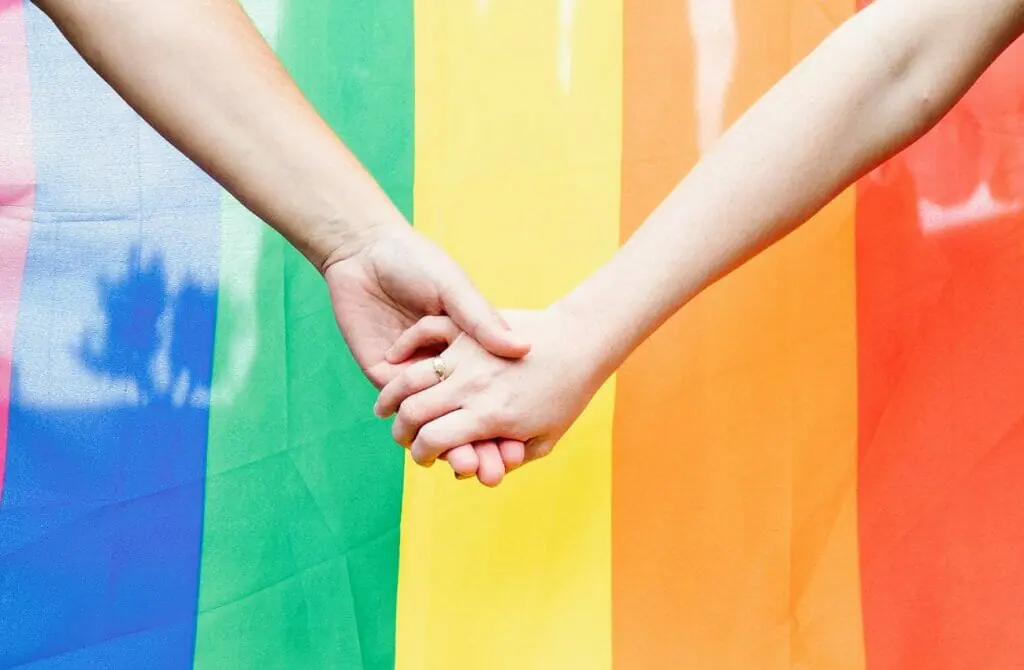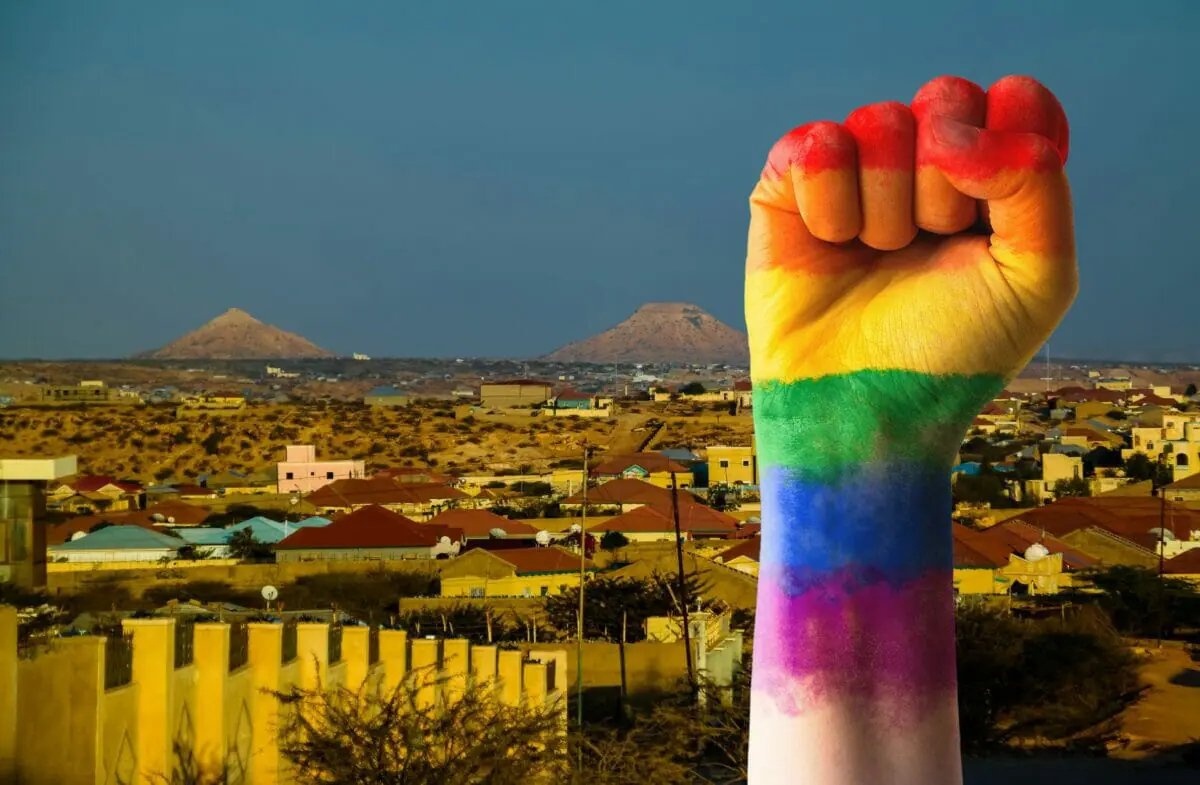LGBT rights in Somalia present a complex and challenging landscape for both local residents and potential visitors. Lesbian, gay, bisexual, and transgender individuals in the country face severe discrimination, harassment, and even violence due to the legal and societal constraints they encounter.
Consensual same-sex sexual activity is illegal, and in areas controlled by extremist groups like al-Shabab, as well as in Jubaland, capital punishment is the penalty for such acts.
The situation for LGBT individuals in the country remains precarious, with advocacy groups struggling to gain official recognition and support. While tourists may not experience the same level of scrutiny as local LGBT individuals, it is crucial to remain vigilant and aware of the local context when traveling in the region.
Situations can change rapidly, and information can quickly become outdated, so it is essential to seek up-to-date advice from relevant sources before embarking on any journey.
To promote a safer environment for LGBT individuals and visitors, it is crucial to support the work of advocacy groups and organizations that focus on LGBT rights within the region. By raising awareness of the legal and societal challenges faced by the LGBT community in Somalia, these organizations and their allies can play a vital role in fostering dialogue and advocating for improved rights and protections for this marginalized population.
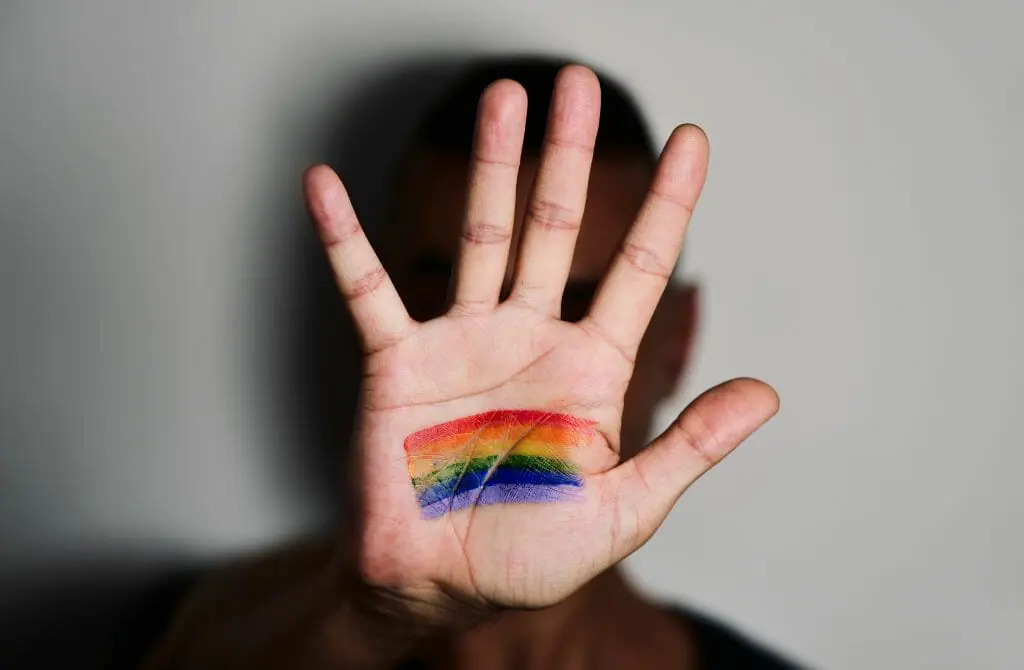

History Of LGBT Rights In Somalia
In Somalia, the rights and protections for LGBT individuals have historically been limited and significantly challenged due to cultural and religious factors. Under Article 409 of the Somali Penal Code, introduced in 1973, sexual intercourse between individuals of the same sex is punishable by imprisonment ranging from three months to three years.
Non-intercourse “acts of lust” carry a prison sentence of two months to two years. These laws have generally been applied in most regions, including the self-declared independent region of Somaliland in the north.
Since 1991, the lack of a functioning government in Somalia has led to inconsistent enforcement of the Penal Code. Laws and punishments have varied across regions, with some areas imposing the death penalty for same-sex sexual activity. It is essential for individuals to be cautious and aware of the situation in the region they are in, as changes can occur rapidly, and information may be outdated.
There have been no substantial strides or legal amendments to improve the rights of LGBT individuals in Somalia. Additionally, there is no legal recognition or protection for same-sex relationships, same-sex marriages, or non-binary gender identities. There are also no specific anti-discrimination laws in place to protect LGBT individuals from discrimination based on their sexual orientation or gender identity in employment, housing, or other areas of life.
In Somalia, LGBT advocacy groups have faced significant difficulty in operating and pushing for reform. The Queer Somalia community-based organization has reported that many individuals are not familiar with the concept of homosexuality and often default to religious laws that mandate punishment by death for same-sex relationships.
For locals and tourists alike, the situation regarding LGBT rights remains challenging and precarious in Somalia. While advocating for change and supporting or seeking help from relevant organizations where possible, individuals must be vigilant, cautious, and informed about the changing situation and potential risks. Always remember that situations can change quickly, and information may be outdated; it is essential to seek current advice before making any decisions.
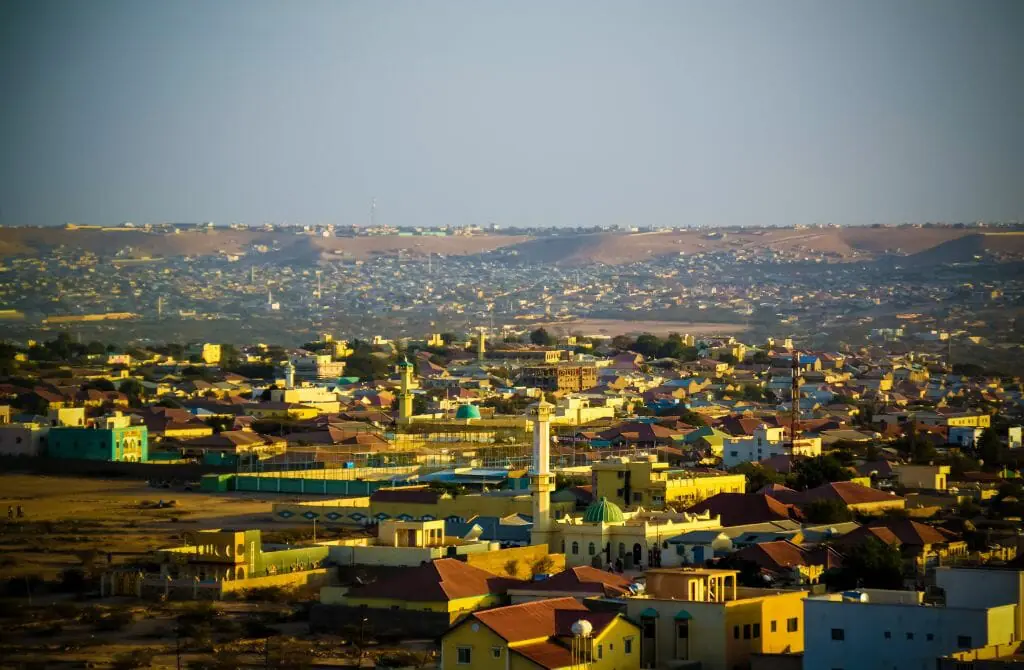
The LGBT Legal Situation In Somalia
LGBT rights in Somalia are severely limited, with strict laws and little to no protections in place for individuals identifying as LGBT. Under Article 409 of the Somali Penal Code, introduced in 1973 by the Somali Democratic Republic, sexual intercourse between people of the same sex is punishable by imprisonment ranging from three months to three years. Additionally, other acts of lust beyond sexual intercourse can result in a prison sentence of two months to two years.
In the context of Somalia’s legal landscape, there is a distinct lack of anti-discrimination and hate crime legislation to protect LGBT individuals from harassment and abuse. Moreover, there is no legislation concerning gender recognition or other rights for transgender or intersex individuals wanting to change their legal documents. Consequently, changing one’s legal gender is illegal in Somalia, and non-binary gender identities are not legally recognized.
As Somalia abides by a combination of Sharia law and civil law codes, criminalization often extends beyond sodomy laws. In some cases, capital punishment is imposed as a penalty for homosexual acts. This heightened risk stems from the influence of extremist groups and the application of stricter Sharia law interpretations in certain regions.
It is crucial for individuals to exercise caution, as situations can change rapidly, and information could be outdated. Remain vigilant and seek current advice before traveling.
The Federal Republic of Somalia’s Provisional Constitution, adopted in 2012, does not provide any discrimination protections for LGBT individuals regarding employment, housing, or the ability to adopt children as single individuals. It is evident that the legal situation for LGBT people in the country is harsh, with police having the potential to arrest, torture or impose severe penalties on those they suspect of being LGBT.
Local LGBT advocacy groups may be limited in Somalia due to the hostile legal environment. However, international organizations such as the United Nations have been more vocal in pushing for the protection of LGBT rights globally. Engaging with supportive networks or international organizations may offer a degree of safety and updated information for LGBT individuals traveling or living in Somalia.
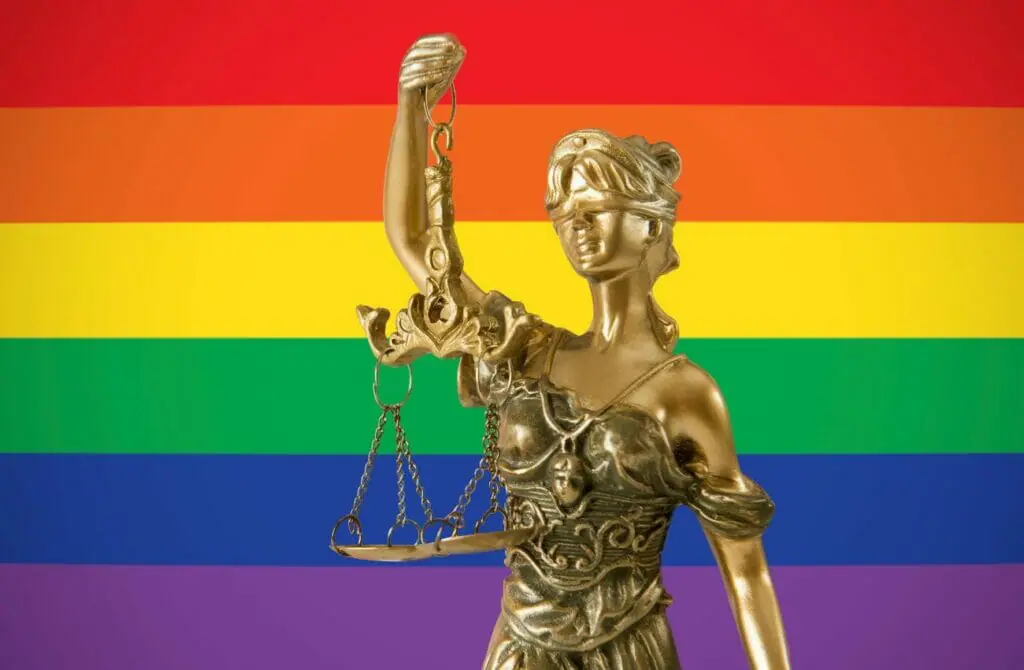

The LGBT Social Situation In Somalia
In Somalia, the social situation for LGBT people is quite challenging as homosexuality and other non-heterosexual orientations are considered taboo topics in the country’s predominantly Islamic culture. Many members of the LGBT community face stigmatization and discrimination, making it difficult for them to express their sexual orientation openly.
Somalia has been in a state of civil war and has an unstable government, affecting the enforcement of its Penal Code. In some regions, particularly those following a strict interpretation of Sharia law, same-sex sexual activity is punishable by death. Such harsh penalties contribute to the prevalence of discrimination against LGBT individuals.
Employment discrimination is another issue faced by the LGBT community, as there are no legal protections against discrimination based on sexual orientation or gender identity in Somalia. This absence of protections may prevent LGBT people from accessing the same opportunities and wealth as their heterosexual counterparts.
Although there are reportedly no public discussions or societal violence specifically targeting LGBT people, the overall environment remains oppressive, and their rights are not recognized or protected. Consequently, the risk of stigmatization and discrimination prevents many LGBT people from being open about their sexual orientation or seeking help from advocacy groups.
Regarding unions and marriage, same-sex marriage is not legal in the country, perpetuating the exclusion of LGBT people from mainstream society. Additionally, non-binary gender recognition is not legally recognized in Somalia, leading to further marginalization of transgender individuals.
HIV/AIDS can be a pressing issue for the LGBT community; however, the lack of open dialogue about sexual orientation makes it difficult to assess the situation adequately. Access to healthcare may also be limited due to stigma against LGBT individuals.
The situation for LGBT people in Somalia, whether they are locals or tourists, remains precarious. It is essential to stay informed and vigilant about any changes in the country’s political or social situation. Furthermore, seeking advice from up-to-date resources before traveling is crucial. While there may be varying attitudes towards LGBT people depending on the region or tribe, overall, the social situation remains oppressive and challenging.
In conclusion, the social situation for LGBT individuals in Somalia is marked by discrimination, stigmatization, and a lack of legal recognition. The unstable government and enforcement of Islamic law contribute to the challenges faced by this community. It is vital for those considering traveling to Somalia to stay informed and aware of the potential risks and precautions necessary to protect themselves in this difficult environment.
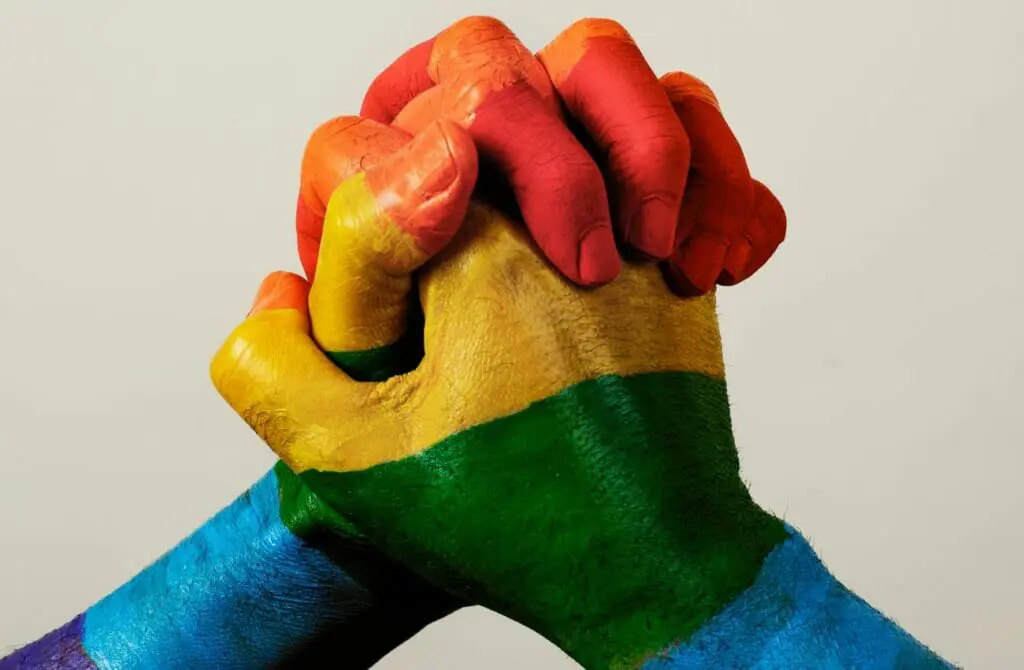
Trans Rights In Somalia
In Somalia, transgender individuals face significant challenges and limited rights. The legal recognition of gender identity is not available for trans people, resulting in a lack of necessary protection and support for this community.
One key concern is the right to change legal gender. In Somalia, this right is not granted, leaving transgender individuals without the ability to live authentically and be recognized by the government and society. The absence of legal gender recognition contributes to numerous issues, such as difficulty in accessing essential services, securing employment, and obtaining valid identification documents.
Regarding relationships, Somalia does not provide any recognition or protection for the transgender community. As same-sex relationships are illegal, and transgender individuals are not recognized in any legal context, this leads to marginalization and exclusion, further complicating the lives of trans people who may be in relationships or seeking love.
Abuse, rape, and police surveillance are also critical issues faced by the transgender community in Somalia. Due to the lack of legal protection and social recognition, transgender individuals are often targeted and exploited. Law enforcement offers little help and, in some instances, may contribute to the problem through harassment and unjust surveillance.
Equality for transgender individuals in Somalia is non-existent, with no legal safeguards against discrimination and mistreatment. Advocacy and support from local and international LGBT organizations may provide some assistance for the transgender community, but change on a systemic level is needed for any significant progress.
It’s important to remember that situations can change rapidly, and information may become outdated. Therefore, exercising caution and seeking the most up-to-date advice is necessary when navigating the challenges faced by transgender individuals in Somalia.
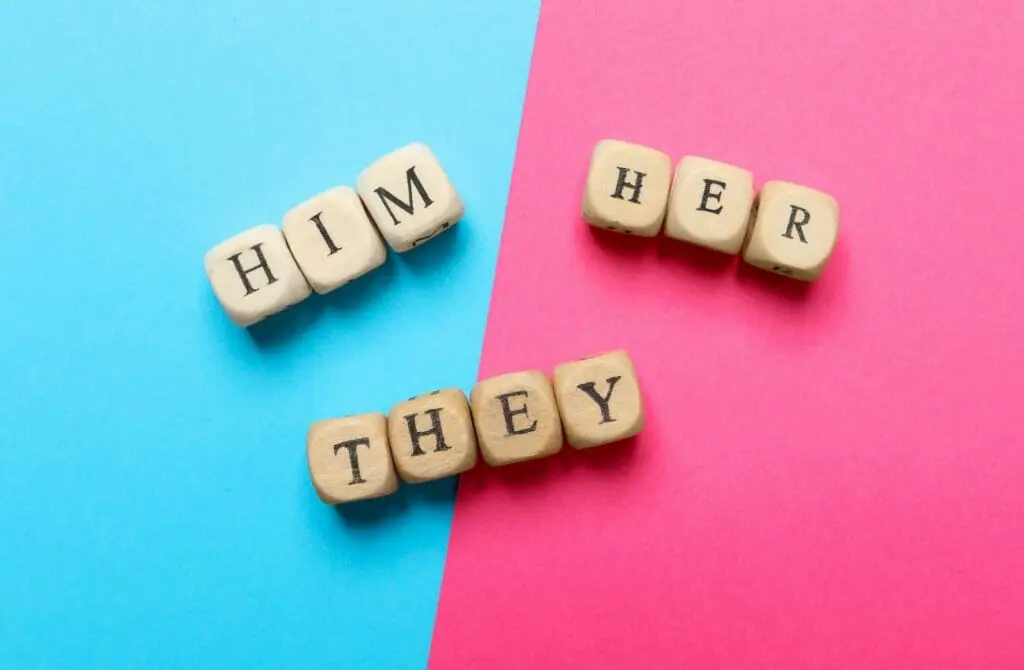

The Future For The Queer Community In Somalia
The future of LGBT rights in Somalia remains uncertain as the country continues to face challenges from both cultural and legal perspectives. The recognition of relationships, including same-sex ones, is not legally recognized in the country, and individuals engaging in homosexual activities can face penalties ranging from imprisonment to the death penalty.
Furthermore, conversion therapy, a discredited practice aimed at changing a person’s sexual orientation, is also a concern for LGBT individuals in Somalia.
The presence of extremist groups, such as Al-Shabab, and the prevalence of conservative religious views in the country make it difficult for LGBT rights to progress. Islam is the primary religion in Somalia, and its teachings typically do not support LGBT rights.
However, there have been some instances of countries with majority-Muslim populations starting to address LGBT rights, like Senegal, Angola, Gabon, Mauritius, Cameroon, Egypt, Nigeria, Iran, and South Sudan.
Nonetheless, international pressure and influence from countries like Canada, the United States, the United Kingdom, and South Africa, which have made strides in promoting and recognizing LGBT rights, could potentially lead to gradual improvements in the future. These countries, along with various international organizations, may engage with Somalia to promote a more inclusive society and protect the rights of LGBT individuals.
It is important, however, for both locals and tourists to remain cautious regarding personal safety, as the situation in Somalia can shift rapidly. Individuals are advised to stay informed of current conditions and legal status, as well as to seek advice from reputable sources before engaging in any activities or travels.
Additionally, reaching out to LGBT advocacy groups within Somalia or in the wider region may provide valuable support and updated information for those affected by the challenges of LGBT rights in the country. These groups can offer guidance and recommendations on how to navigate the local legal environment, as well as assist in identifying safe spaces and protective measures for individuals living in or visiting Somalia.
In conclusion, while the future of LGBT rights in Somalia is currently uncertain, there is potential for progress in the coming years. With increased international engagement and the continued efforts of local and regional advocacy groups, change may slowly become more feasible, offering hope for improved conditions for LGBT individuals within the country.
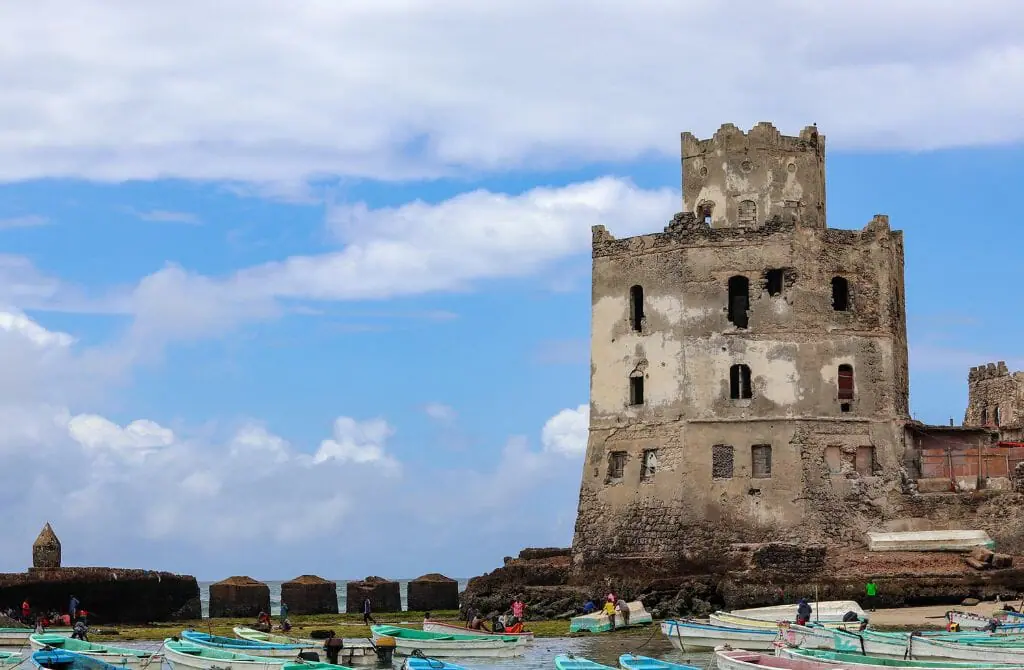
Protect Yourself While Travelling In Gay Somalia
In Somalia, the situation for LGBT individuals is particularly precarious due to the criminalization of same-sex intercourse and the influence of religious and cultural norms. Both locals and tourists should be aware of this hostile environment and take necessary measures to protect themselves from potential violence and discrimination.
Since the enforcement of the Penal Code varies between regions in Somalia, it is vital for individuals to be vigilant and cautious in all areas they visit. For instance, the self-declared independent region of Somaliland generally follows the Somali Penal Code, which prescribes punishment for same-sex acts. Situations can change rapidly, and information may become outdated. It is essential to seek updated advice before traveling to comprehend the current state of LGBT rights in the country.
In case of encounters with law enforcement, such as police, it would be wise to cooperate and avoid contentious discussions on issues like sexual orientation. In addition, Somali authorities may consider an act of lust between people of the same sex as a punishable offense, so discretion is advised when expressing affection in public.
Considering the limited legal protections and absence of recognized LGBT advocacy groups in Somalia, individuals should take extra security measures to ensure their safety. One option could be to stay connected with international organizations or foreign embassies that may offer assistance and guidance for LGBT rights and safety.
Traveling to neighboring countries like Ethiopia and Kenya may provide a safer space for self-expression and pursuing relationships, although they have their own challenges in terms of LGBT rights. Still, they might present comparatively better options than Somalia, where violence against the community is more prevalent.
In conclusion, it is crucial for LGBT individuals, both locals and tourists, to remain vigilant and cautious in Somalia due to the hostile environment that poses significant challenges to their rights and safety. Taking the necessary steps to protect oneself and staying informed about the ever-changing landscape of LGBT rights will help mitigate potential risks.
